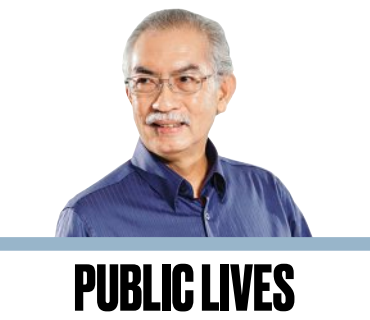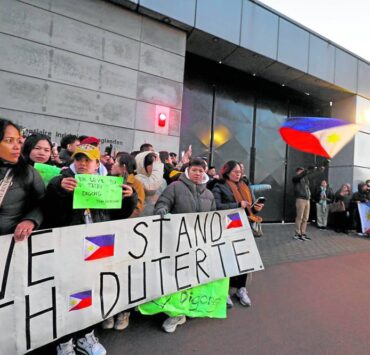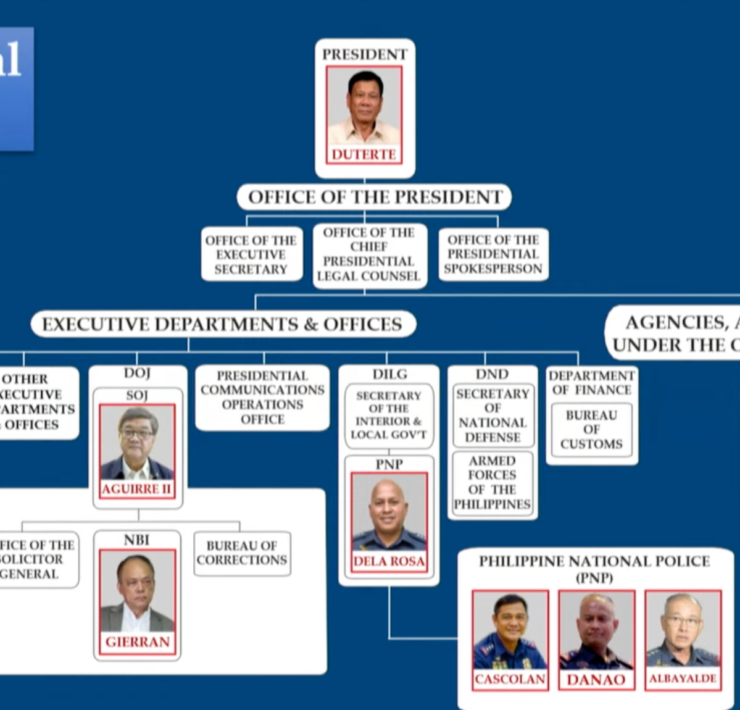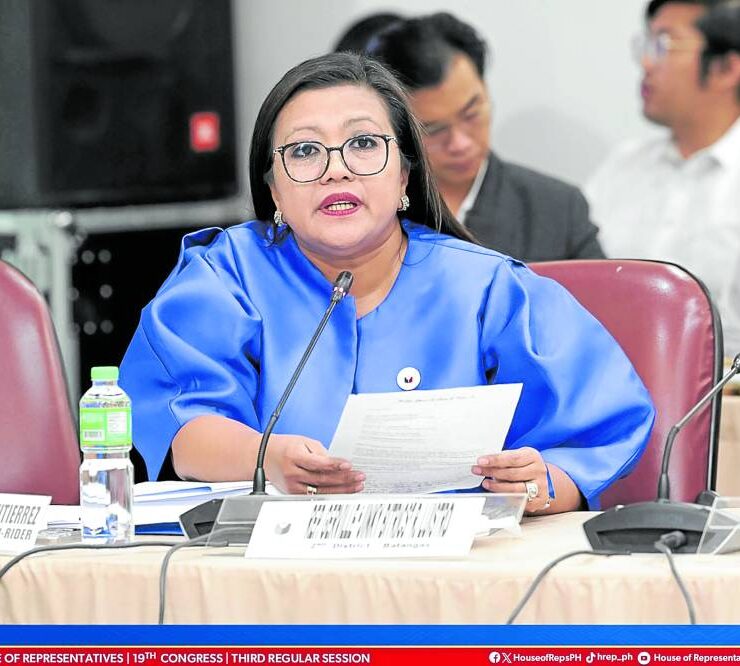Sans title, Pampanga cuisine keeps its flavor
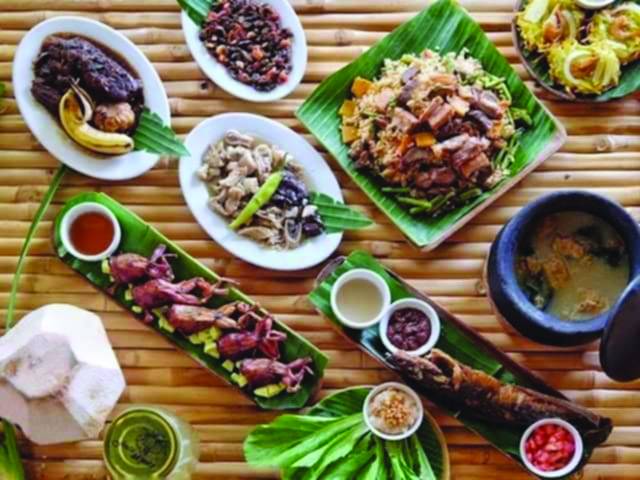
CITY OF SAN FERNANDO—Since news got out on March 19 that President Marcos vetoed the bill declaring Pampanga the “culinary capital of the Philippines,” food establishments in the province have yet to report a slight or drastic drop in sales.
“We have to watch how it has affected our statistics in terms of visitors’ visit,” Richard Daenos, Department of Tourism regional director in Central Luzon, said when the Philippine Daily Inquirer asked what good thing came out of the President’s veto.
The suggestion of Daenos to monitor the economic side must be because out of the three reasons cited for the March 12 veto, it is the “absence of a thorough study that shows key performance indicators for such designation” that requires a harder look.
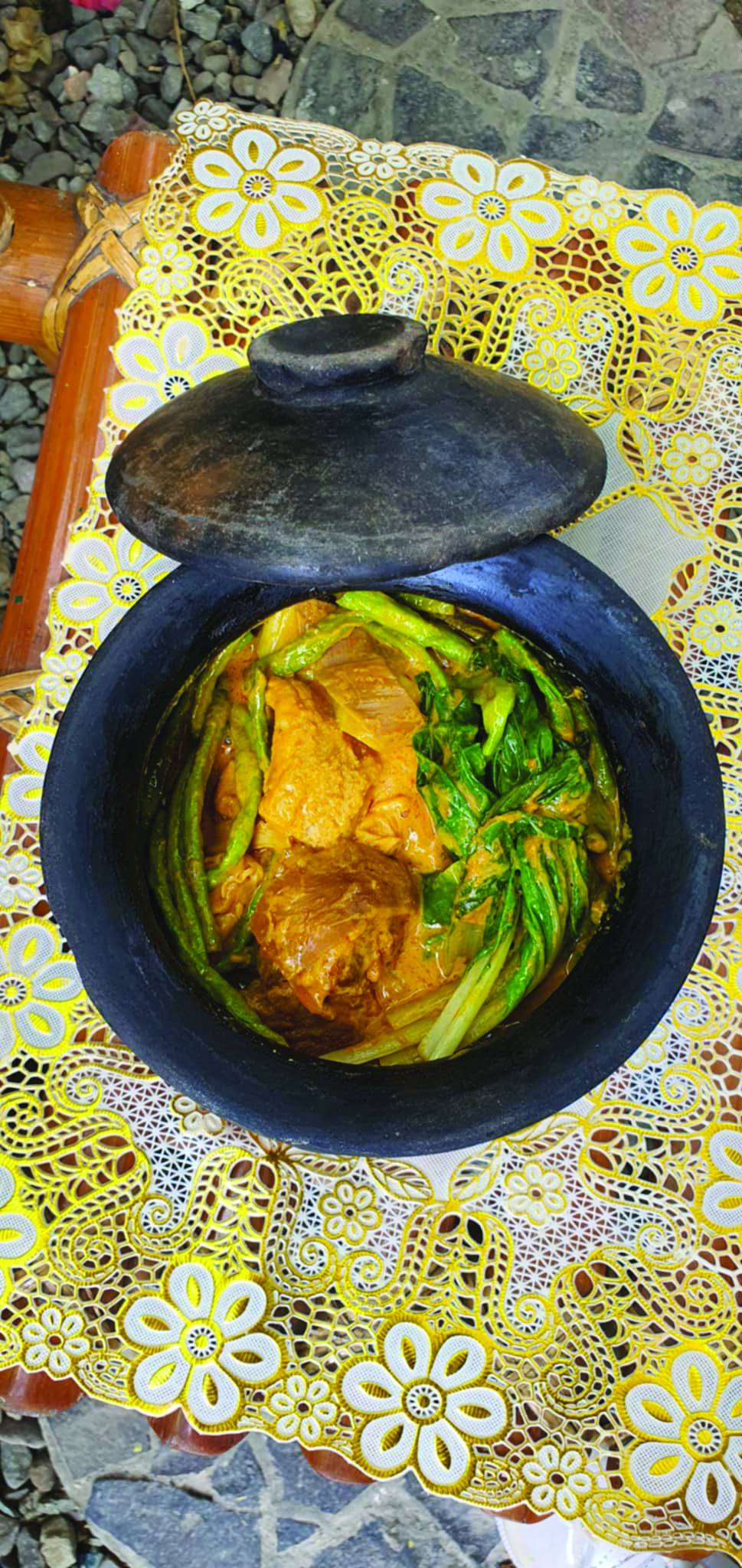
These are the “conditions in Pampanga that affect food production and food service, from farming to transport to storage to preparation to consumption, including the condition of markets, carinderias (roadside eateries) and restaurants,” said Robby Tantingco, executive director of the Center for Kapampangan Studies, the institution that Pampanga lawmakers consulted for the first enrolled bill, House Bill No. 10634.
The other two reasons cited for the rejection looked to be difficult to accept like “lack of historical basis” for the designation.
Tantingco said the proponents, including former president and now Pampanga Rep. Gloria Macapagal Arroyo, presented sufficient data. On the “possibility that the bill may offend sensibilities in other provinces that are equally proud of their culinary contributions,” he said no legislators, agencies, groups or individuals came forward or wrote to oppose the second enrolled bill, Senate Bill No. 2797.
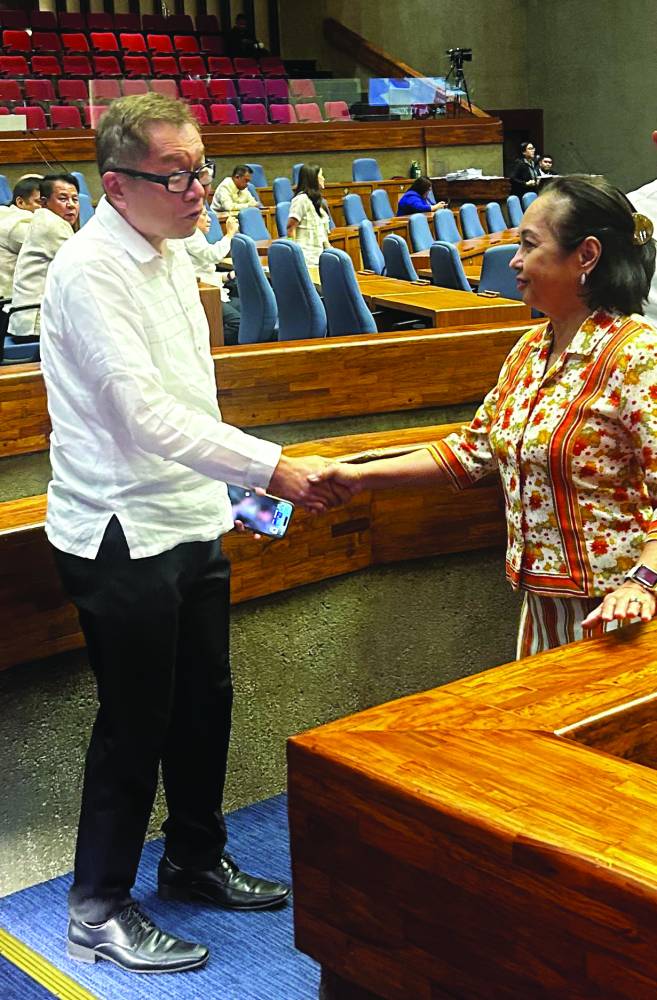
No effect yet
Daily in the first week of the controversy, between 60 and 80 guests filled a hall (oldtimers fondly call it “aircon”) for their lunches of iconic Kapampangan dishes at Everybody’s Cafe in this provincial capital.
“Laging puno (It’s always full), especially on weekends,” said Pocholo Jorolan, the grandson of Benito Santos and Carmen Nogoy, who began the kitchenette in 1946.
The way Jorolan saw it, the veto did “not affect” the restaurant by the roadside of the MacArthur Highway because guests kept coming. Pampanga, he added, does “not need a title to be considered a food destination.”
Belinda Manalastas was hardly bothered. The retired teacher said the viands and native snacks in her carinderia sold well.
“The reputation of Kapampangans as good cooks is known all over the world so it could not be easily doubted or removed,” she said.
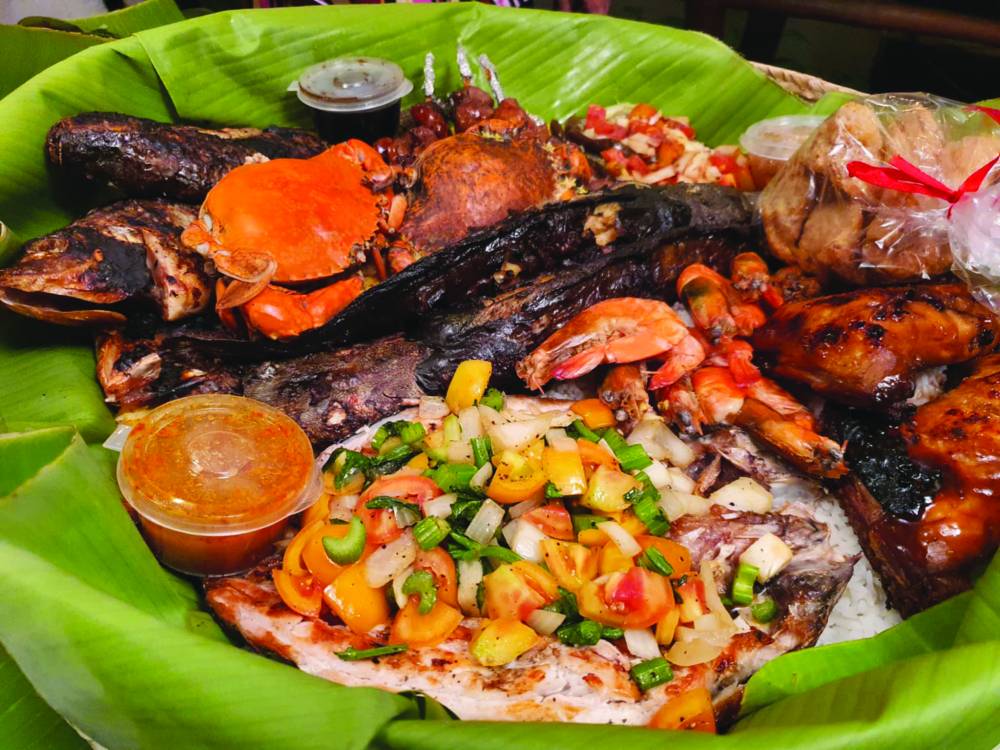
Another good thing that came out of the veto is that it “united and fired up Kapampangans to rally in defense of their cuisine,” said Tantingco. “More importantly, it deepened the conversation about the uniqueness and diversity of regional cuisines.”
“So let’s just relax and be calm and kind and humble. Our reputation is solid, safe and secure. It comes from the people, not the President. It’s by public acclamation, not government legislation,” Tantingco reasoned.
For chef Jam Melchor, the vetoing of the bill “actually strengthened Pampanga’s rightful claim as the Culinary Capital of the Philippines.”
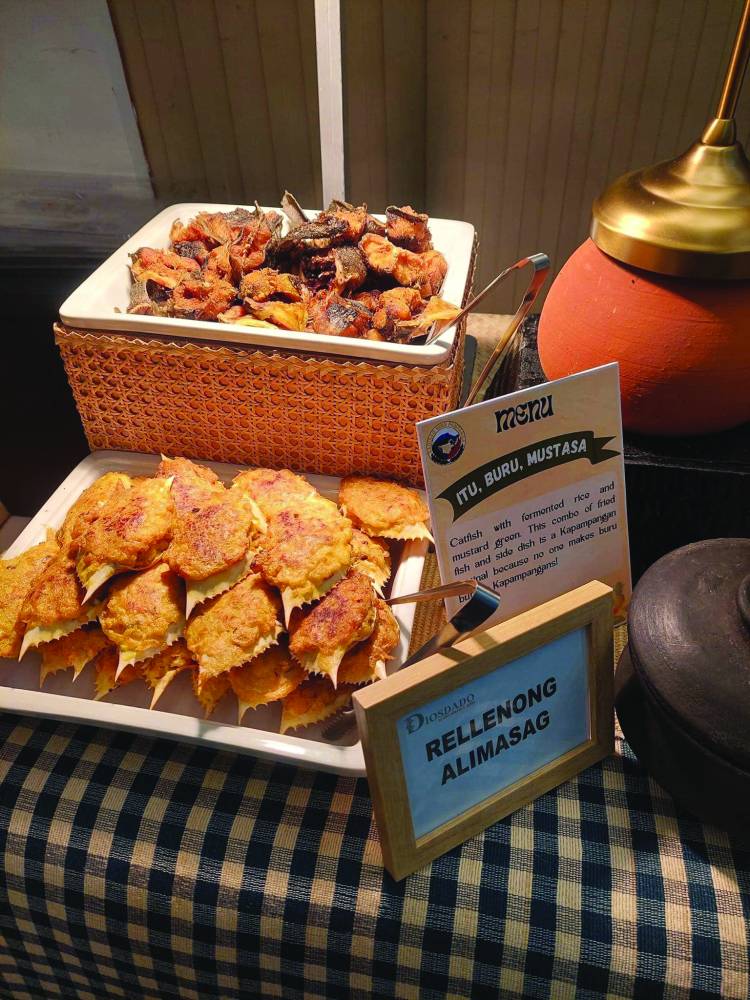
He pointed out: “The veto itself did not diminish Pampanga’s culinary prestige — in fact, it sparked even more discourse and reaffirmed what we Kapampangan and many Filipinos have always known: that Pampanga has long held this distinction through its deep-rooted culinary traditions, exceptional chefs, and unwavering influence on Philippine gastronomy.”
According to him, “recognition does not always need legislation when history, heritage, and excellence already speak for themselves.”
‘Prick on conceit’
Kapampangan writer Caesar Lacson said the veto rendered “no harm to [the] Kapampangan pride there as a whole, only a prick on our culinary conceit.”
Romeo Canilao, a musician known on social media as “Kap Tagay,” earned hundreds of views for his song expressing his disappointment over the veto. In it, he sang every local dishes and delicacies that his taste buds know.
He humored: “Eka makipamyesta ne BiBiem (Do not attend our feast),” referring to the President by his nickname or initials BBM (Bongbong Marcos).
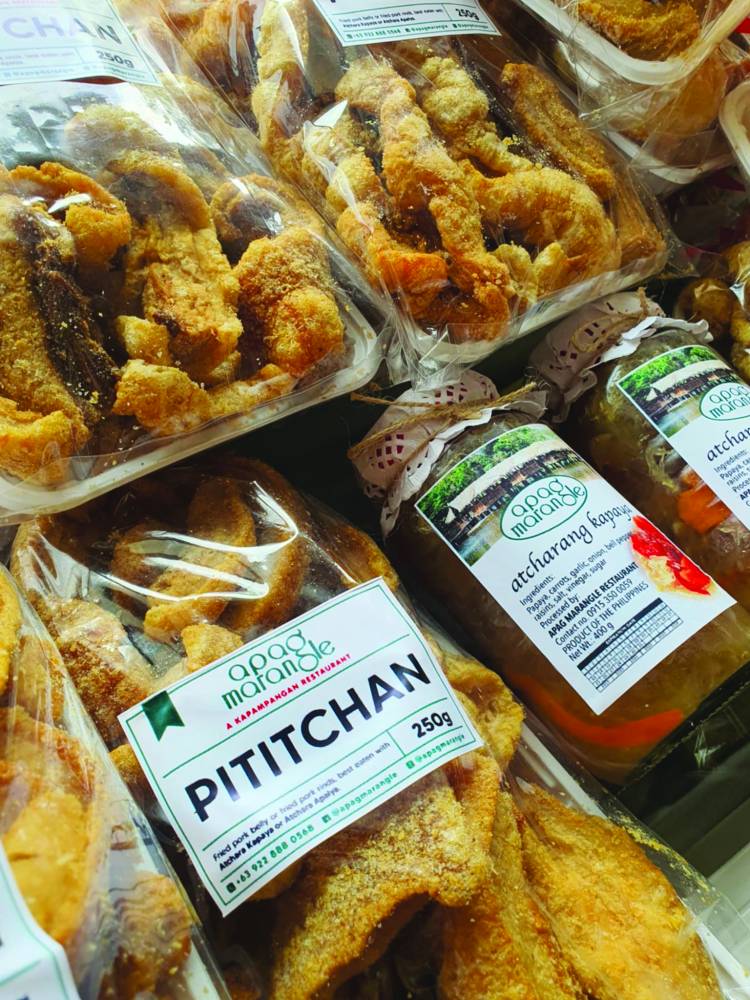
In comments on social media, angry Kapampangans cussed at Mr. Marcos and criticized his governance. Vloggers like Mak Mariano vented their frustration by resorting to comic relief.
Several of them suspected political motives in airing calls to give “zero vote” to the Marcos administration’s senatorial lineup. Others asked if Arroyo’s defense of Vice President Sara Duterte was behind the President’s veto. One volunteered information on recent studies on Kapampangan cuisine.
Bill not dead yet
An adviser of Arroyo met with several members of the Kapampangan Culinary Heritage Committee on March 25, seeking inputs on how to address the three issues cited for the veto. Because some vetoed measures eventually got the fiat, the bill might be refiled in the next Congress.
A cultural worker is silently working on an entirely new bill.
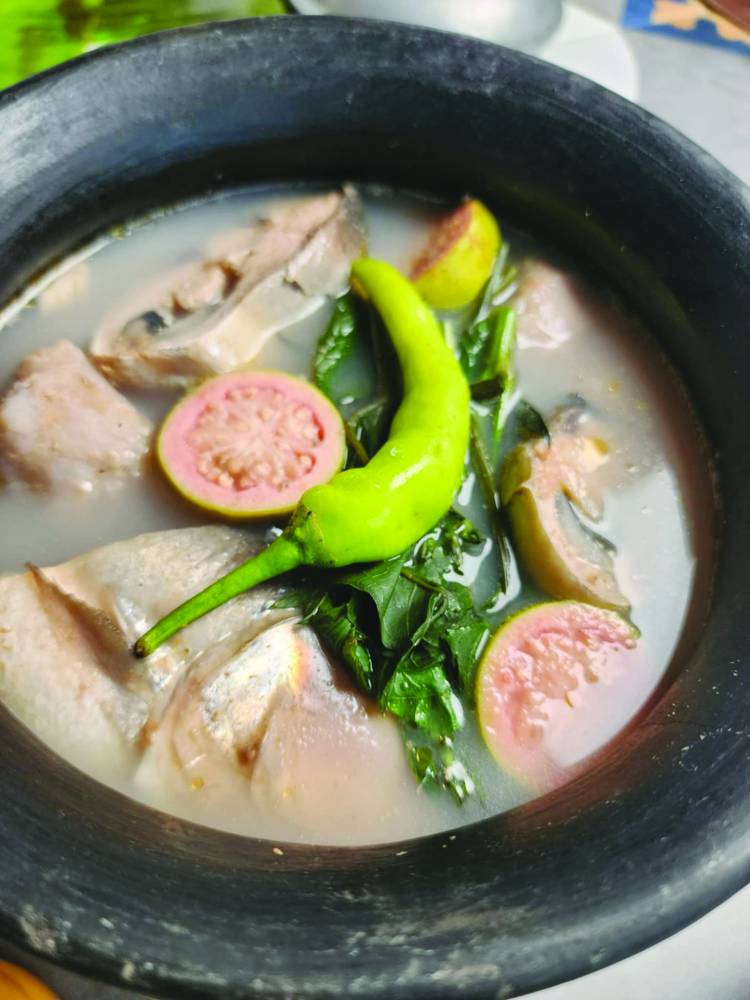
Painter and chef Claude Tayag, a committee member, has proposed “not to pursue legislation, but adopt a new title.” He prefers the title “culinary powerhouse.”
Gov. Dennis Pineda urged his kabalen (provincemates) to calm down, assuring that Provincial Ordinance No. 863 can help strengthen the culinary tourism of the province that has no beaches and natural sights.
Through that local law, the Sangguiang Panlalawigan declared Pampanga the “culinary capital of the Philippines” and created the committee that was tasked to do 14 functions, including culinary mapping and organizing the Manyaman Food Festival in the whole month of April of every year.














